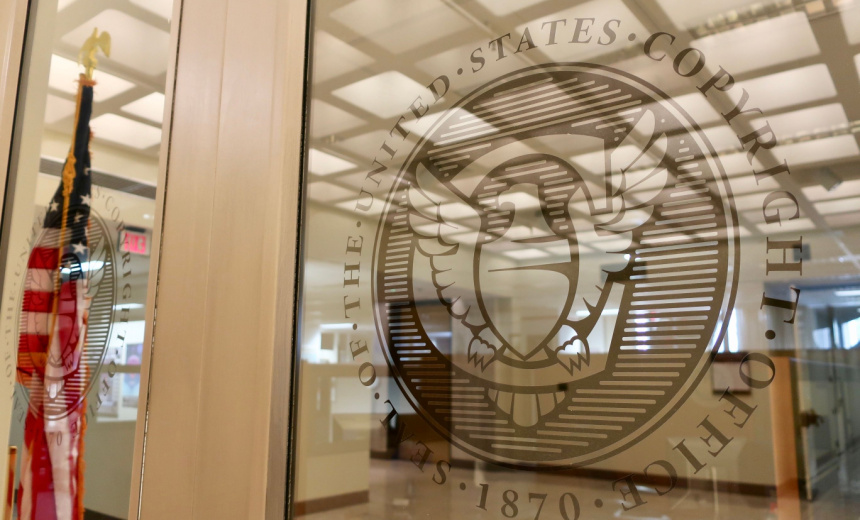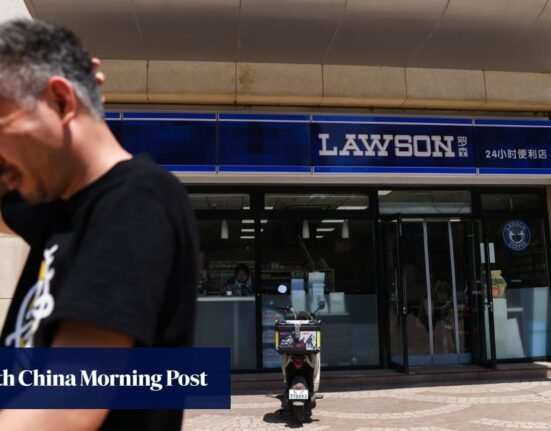Artificial Intelligence & Machine Learning
,
Litigation
,
Next-Generation Technologies & Secure Development
Perlmutter Out After Draft Report Calls Fair Use Into Question for AI Training

The Trump administration fired Shira Perlmutter as register of copyrights on Saturday, a day after her office said that the pirated use of copyrighted works for commercial purposes likely doesn’t quality as fair use.
See Also: OnDemand | Fireside Chat: Staying Secure and Compliant Alongside AI Innovation
In a draft report published Friday, the office wrote that commercial AI companies may need to obtain consent or offer compensation to rights holders when machine outputs substitute for the original works in commercial settings. The draft said using copyrighted material for analysis or research likely falls within fair-use boundaries.
“But making commercial use of vast troves of copyrighted works to produce expressive content that competes with them in existing markets, especially where this is accomplished through illegal access, goes beyond established fair use boundaries,” the report reads.
President Donald Trump fired Perlmutter, who had led the Copyright Office since 2020, the next day. The firing came on the heels of his discharge of Carla Hayden from her position as the Librarian of Congress, of which the Copyright Office is a part. Trump accused Hayden, confirmed by the Senate in 2016 and the first woman and the first Black person to hold the position, of being “woke.”
Whether Perlmutter’s firing by Trump is legal is unsettled. “The president has as much legal power to fire the Register of Copyrights as I do, which is to say: none. The Register of Copyrights is hireable and fireable only by the Librarian of Congress, and does not report to the president or the executive branch in any capacity,” said Meredith Rose, senior policy counsel at public interest group Public Knowledge.
Tech-law scholars greeted the draft as a turning point in ongoing lawsuits against AI developers. AI firms, including OpenAI, Google, Meta and Microsoft, face multiple lawsuits accusing them of copyright infringement for training models on internet-scraped content. They have argued that fair use shields their activities, especially when the material fuels research University of Colorado-Boulder technology law professor Blake Reid described the report as “very bad news for the AI companies in litigation” and “a straight-ticket loss for the AI companies.”
New York Rep. Joe Morelle, senior Democrat on the House Administration Committee, called the termination “a brazen, unprecedented power grab with no legal basis,” adding that “it is surely no coincidence he acted less than a day after she refused to rubber-stamp Elon Musk’s efforts to mine troves of copyrighted works to train AI models.”
One possible path through copyright problems, the report said, is “extended collective licensing,” adopted by some European countries in some contexts. ECL grants AI developers a license to all copyrighted works within a specific class of works after a “collective management organization” demonstrates it represents a substantial number of copyright holders within the class. Individuals copyright holders could opt out.
Report authors said they received generally favorable support for ECL, with the notable exception of “copyright owners who favored a purely voluntary licensing approach” and from those who say no licensing at all should be required to train AI models.
The New York Times reported Monday that two officials from the Department of Justice attempted to enter the Copyright Office but were prevented by U.S. Capitol Police from entering. Trump has named Todd Blanche, the deputy attorney general, as acting librarian – and Blanche in turn tapped Associate Deputy Attorney General Paul Perkins as the new acting register of copyrights. The other man, Brian Nieves, a Justice deputy chief of staff and senior policy counsel, said he was the new acting librarian.
Library of Congress staffers have said that Congress must sign off on the appointment of a new librarian. The Times reported that library staff recognize Robert Newlen, the principal deputy librarian under Hayden, as the acting librarian until it receives direction from Congress.







